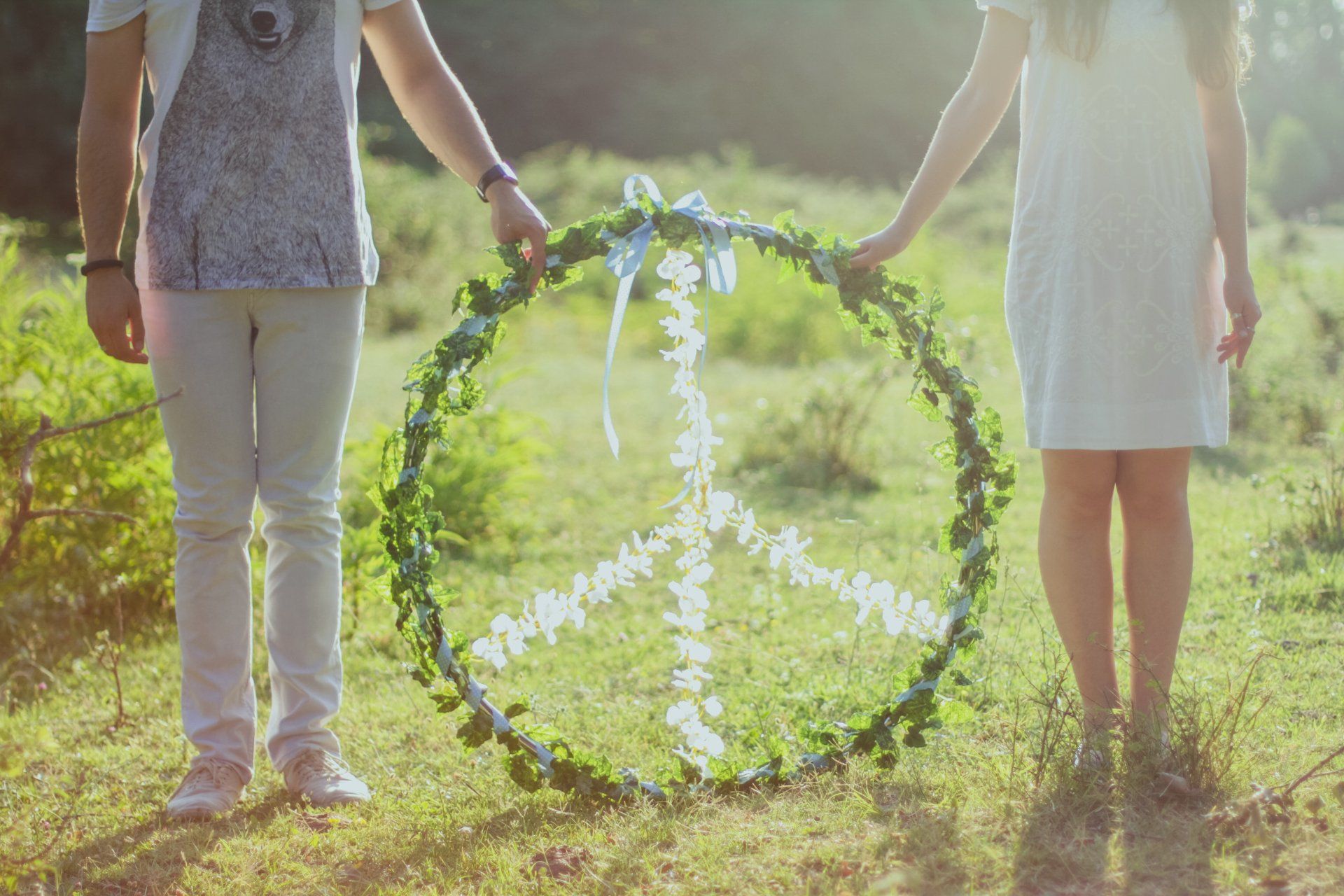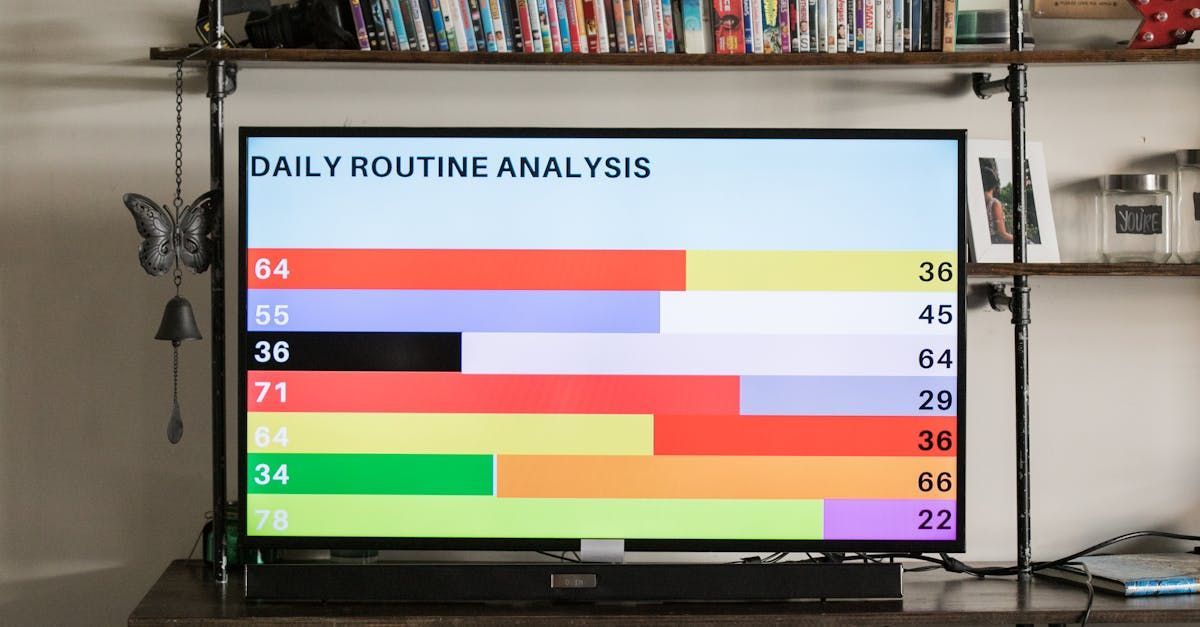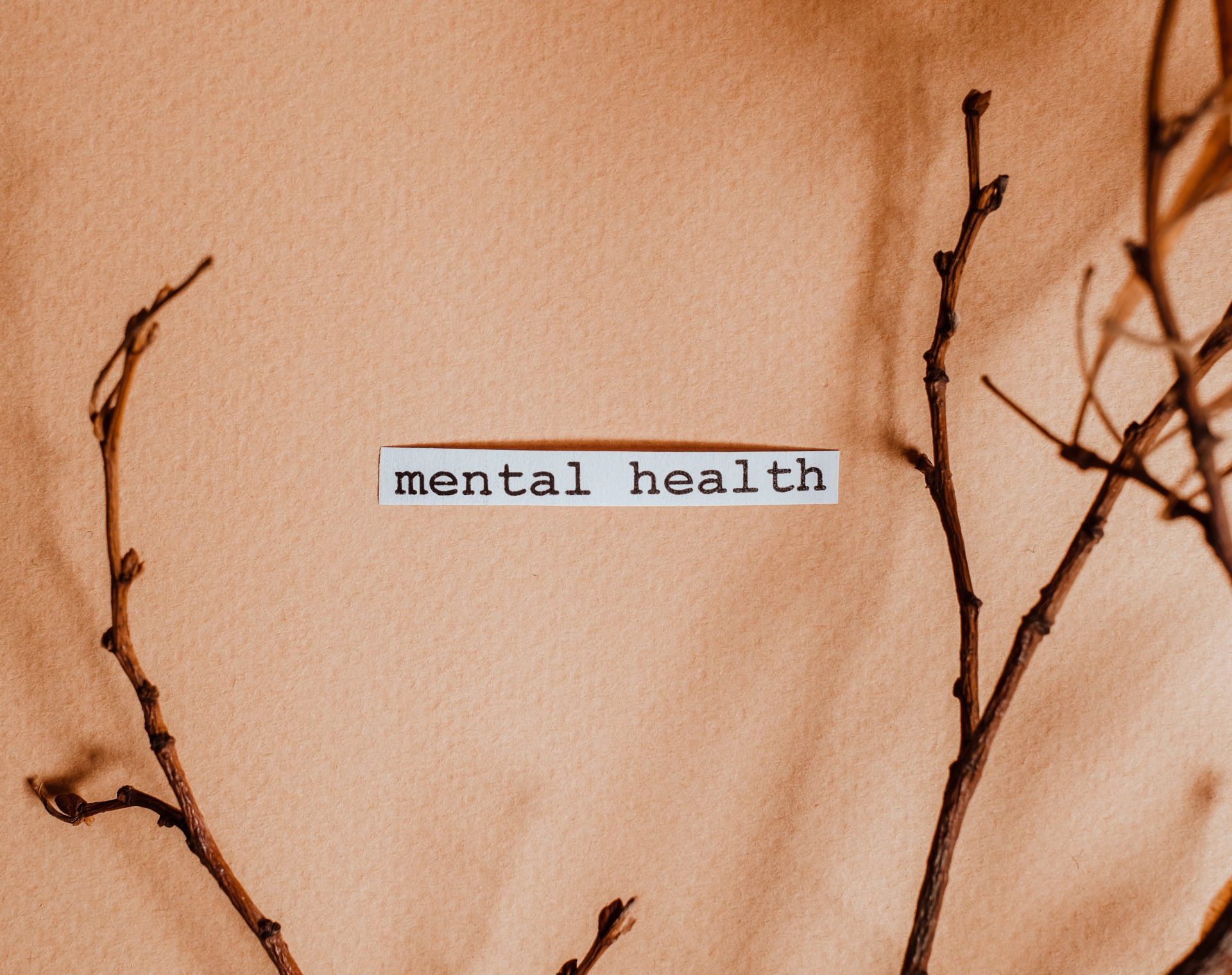Protect Your Peace
Safeguarding Your Serenity

As we continue to recognize Mental Health Awareness Month, it's a great time to think about an important part of taking care of ourselves:protecting our peace. This is key not only for our mental and emotional health but also for our overall well-being. Protecting your peace involves setting limits that look after your mental, emotional, and physical health, helping you prioritize your needs while dealing with the demands of everyday life.
Setting boundaries helps you engage more authentically in all aspects of life. Without them we can end up feeling exhausted, resentful, or even like we've lost our sense of self. During Mental Health Awareness Month, it's a good reminder that having firm boundaries helps protect our balance, even when things around us get chaotic.
Often, setting boundaries comes with its own challenges, especially the worry of upsetting others. This is particularly true in personal relationships where there's an unspoken expectation or perceived entitlement to your time, thoughts, and feelings. However, it's important to recognize that protecting your peace isn't about creating conflict; it's about respecting yourself and others. By clearly and respectfully communicating your needs, you help ensure that your boundaries are understood and respected.
In personal relationships, protecting your peace often means limiting someone’s access to you. This can include setting specific times when you are unavailable, choosing not to engage in draining conversations, or deciding how much personal information you share. These boundaries aren't meant to shut people out but rather to make sure interactions are respectful and beneficial, not draining.
Social media can also play a significant role in either supporting or threatening our peace. The constant comparison, dishonesty, or exposure to judgment from others can impact our well-being. While social media can be a good thing, offering connection and information, it's crucial to find the right balance to protect our peace. Not everything needs to be shared, and not everyone needs to know every detail of our lives.
Part of protecting our peace is cultivating a social circle that uplifts and encourages us, surrounding ourselves with people who celebrate and support us. You don't have to keep company with people when it doesn't feel right.
Additionally, deciding how much personal information to share is key to managing personal relationships. Oversharing can make you feel vulnerable or taken for granted, while sharing too little might keep relationships shallow. Finding the right balance lets you open up in a way that builds trust and intimacy without compromising your privacy. These boundaries act as filters, not barriers. They help ensure that your interactions add value to your life instead of draining you.
Look at setting boundaries as filters, not barriers. They help ensure that your interactions add value to your life instead of draining you. By setting and maintaining boundaries, you build relationships based on mutual respect and understanding. This approach protects your mental and emotional health while also enriching your connections, making them more supportive and fulfilling.
When it comes to setting boundaries, remember that "no" is a complete sentence. By confidently saying "no" when something doesn't align with your needs or values, you affirm your worth and protect your mental health. Embrace these boundaries as a means to safeguard your serenity and nurture fulfilling, positive relationships.
Remember, protecting your peace is about taking care of yourself and creating a supportive environment for your well-being. Setting boundaries, whether in personal relationships, professional settings, or on social media, is crucial to maintaining balance and fostering healthy interactions. It's okay to limit someone's access to you, to step away from draining conversations, or to avoid oversharing your personal life.










